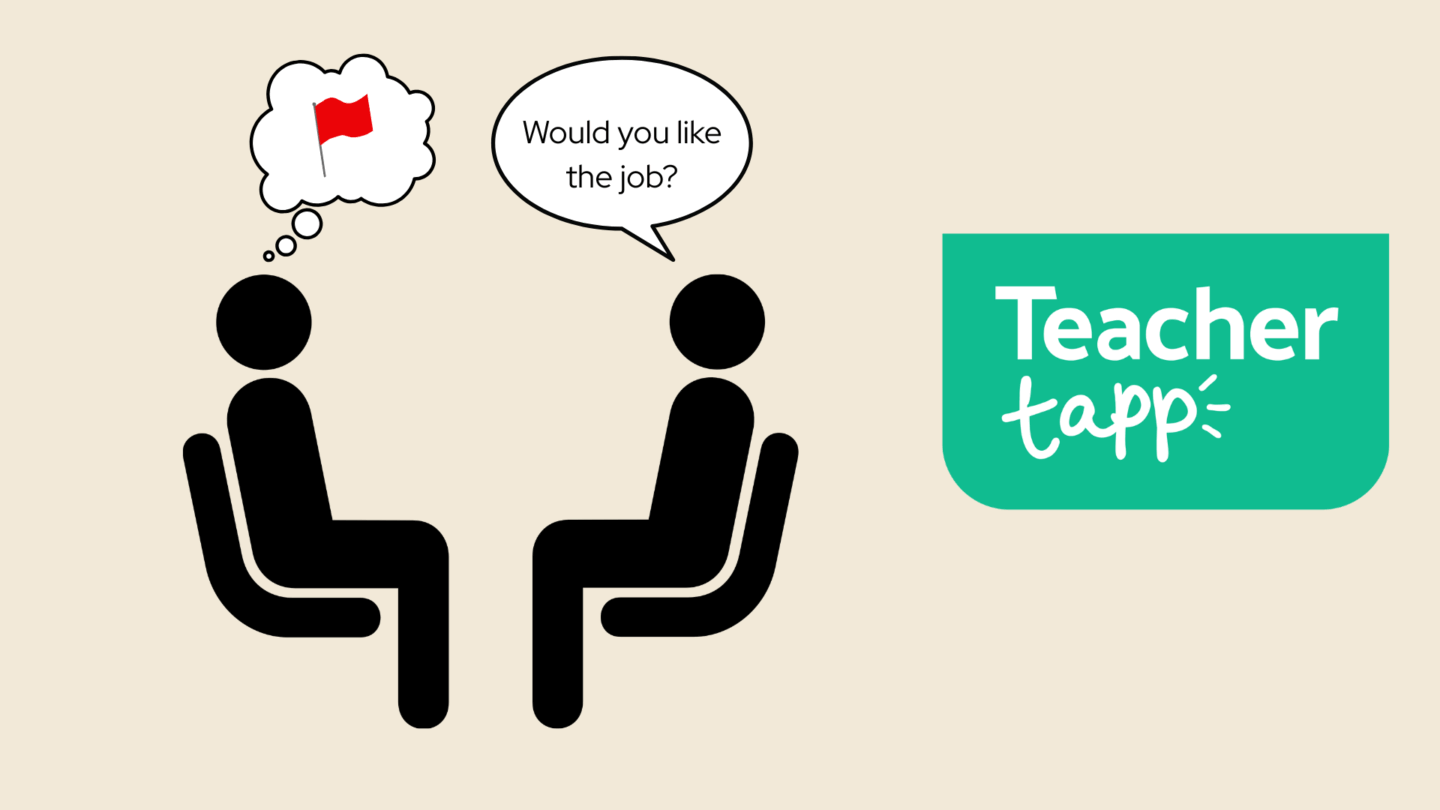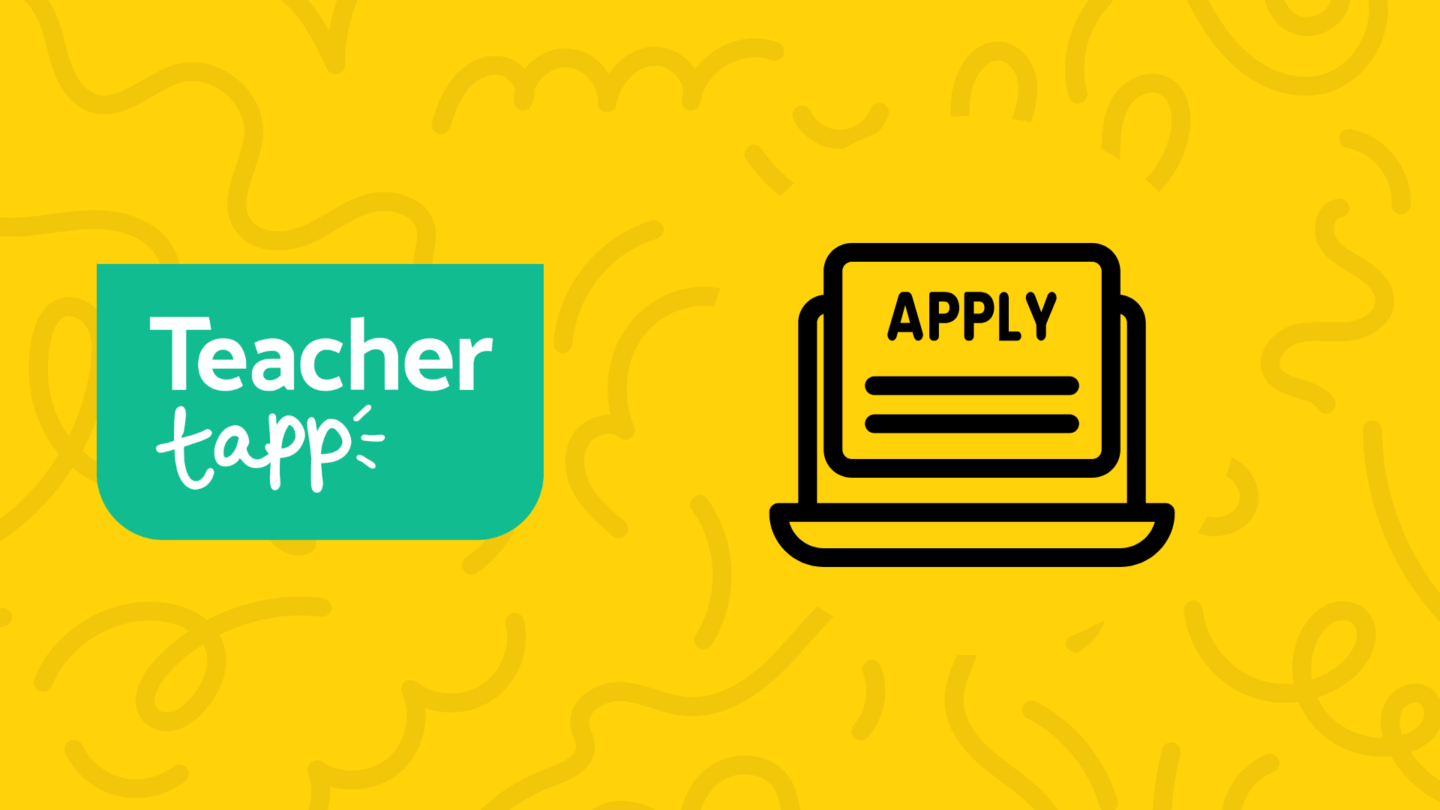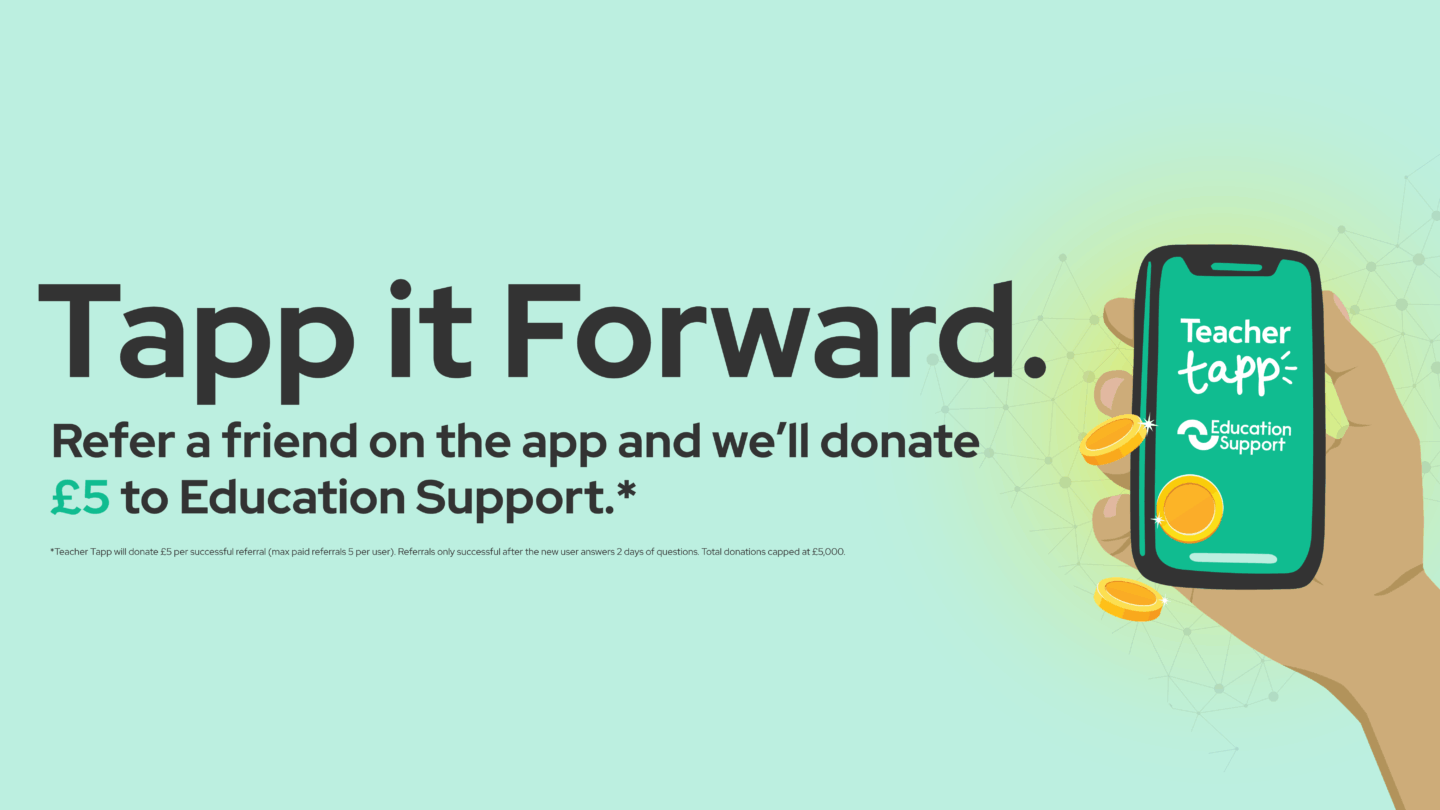Another week of the holiday has flown by! So many of you sent shots of the amazing places you were answering at 3.30pm, you inspired us to run a Teacher Tapp Time summer social competition 2022 😎 Send us a picture of what you’re doing when Tapping for your chance to win a bumper Teacher Tapp merchandise hamper 🏆
Find out how >> here
1. Who should profit from resource creation?
Creating resources can be time-consuming, so many of you use resources created by others. But does it matter how the money flows around the system towards (or away) from the teachers who originally created them?
Limited to only two options – government paying selected schools to create resources, or schools selling their resources directly – you were slightly more in agreement with schools taking the lead (although some of you got in touch via social threads to say you would prefer teachers to be the ones profiting, rather than the school).
Overall, however, there was a lot of ambivalence and little strong feeling on the matter.

BUT WAIT! Is the data skewed by loads of Tappers who spend their time selling resources? No! Very few of you said that you’d made money from selling resources in the past 12 months; just 4%… exactly the same as when we asked in 2019.
Yet (quelle surprise!) teachers who do make money from selling resources were also more likely to think schools should be allowed to do so too 🤑
2. Are teachers increasingly implementing cognitive science practices in the classroom?
Over the past few years ‘Cognitive Science’ has become one of the most talked about research topics in education – as teachers have adapted research on the brain to support learners in the classroom. You can read more about it here.
Compared to previous years, you’re feeling a touch more confident with your understanding of cognitive science! We’d like to think that our Cog Sci bitesize CPD articles may be a factor here 😏
(Nerd Note: We are also aware that because we share such articles these may not be our usual representative kind of findings. Typically, Teacher Tappers are much like the rest of the teaching population – but one difference between you and the normal population is that you do tend to be a bit more knowledgeable about research! As we say, don’t want to brag that it’s down to the things we share, but it might be…)
BUT, has more understanding of cognitive science translated into more of it in the classroom?
One of the hottest tools of cognitive science is ‘retrieval practice’. And, in 2022, even more of you are using it in your lessons (91%) compared to 2019 (84%).
Even those of you who rate your understanding of cognitive science as ‘weak’ are dedicating lesson time to retrieval practice in most or all of your lessons (73%).

Teachers who consider themselves to have ‘very strong’ understanding are more than twice as likely to dedicate a period of time EVERY lesson to recall previously learned content.

3. Do teachers REALLY want silence?
Most of us will remember a teacher huffing “SILENCE!” loudly in our own school days. YOU may have said it, too, now you’re a teacher. More than once!
But is silence really that golden? If you could be assured of its presence in school, would you actually want it?
Over a third of you (38%) said that if you were faced with a genie offering silence, you wouldn’t pick any school area to be silent at all times. On social media, several of you said that endlessly silent classrooms would make discussion difficult, while others felt silent yards and lunch halls would be eerie.
The most popular place for blissful silence was corridors – 22% of you were up for this – with secondary teachers favouring quiet corridors (27%) more than primary colleagues (16%).
Hang on, though!
1 in 5 secondary teachers also said they would want silence in lessons – despite the obvious difficulties with discussion! Maths (24%) and science (23%) teachers were much more likely to pick it than any other subject.
1 in 10 primary teachers felt exactly the same! It’s been a noisy year, huh?
All of which got our brains ticking. Is the sort of teacher who opts for silents lessons also the sort of teacher who considers themselves ‘traditional’?
[If you want to know more about the long, protracted ‘Are you a trad or a prog’ debate in education, there’s more on it all here.]
Once the scores were totted up, we found that teachers who label themselves as ‘traditional’ were indeed twice as likely to want silence in lessons (22%) than those who label themselves as progressive teachers (11%).
Note, however, that the progressives seemed keener on silence in assemblies 👀 Any thoughts on why assemblies would be more preferred among this group? (We really can’t fathom, answers on social media are welcome!)
Finally… we know you love the daily read, so here are the ones from last week
The most read tip from the past week was: The art and craft of line management?
Here are the universal reads for your reference:
- Belonging cues before job descriptions, inducting new colleagues
- How ending behaviour rewards helped one school focus on student motivation and character
- Psychology in the Classroom #1 – Selective Attention
- Can playgrounds be sexist? (Podcast)
Here are the primary-only reads for your reference:
Here are the secondary-only reads for your reference:





